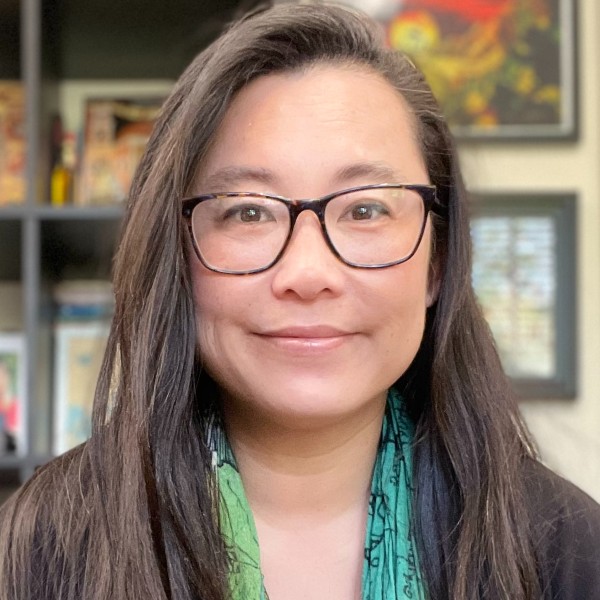Maybe it’s because I sit in an academic community, but the best way I know to mentor people is through reading texts together. Something happens in the act of reading that’s not reducible to the sum of its parts. Reading creates community, and so makes us better people -- which is the point of mentoring in the first place.
For example, when a friend of mine began his PhD studies under Stanley Hauerwas, Stan took control of the reading from day one. First, he gave him Alasdair MacIntyre’s “After Virtue.” It was exactly what my friend wanted as a new ethics student: bold, clear, bombastic diagnoses of the culture’s ills. Next, Hauerwas shifted gears, giving the man St. Athanasius’s “On the Incarnation of the Word.” My friend couldn’t make heads or tails of it. But even if he didn’t get the text, he got Hauerwas’ point: this is theological ethics we’re doing here. Difficult as ancient church texts are, we can’t leave them aside for the stuff that makes more immediate sense.
It would be tempting to regularize this: form a reading list for all time, patent it and churn out intellectuals. But people aren’t products. Hauerwas could have started another student off with Athanasius and gotten the same jubilant initial reaction that MacIntyre prompted in the other man.
Reading expands the community of potential mentors to which we might submit. If we follow C.S. Lewis’ advice (offered, appropriately enough, in the forward to Athanasius’ aforementioned work), we will read two old books for every new one. This is not just to be an antiquarian. It’s to note what G.K. Chesterton called “the democracy of the dead.” With tradition, even dead people get to vote. Or even dead people can serve as our mentors.
But that may fall short. I remember telling one mentor of mine about my work on the “Sayings of the Desert Fathers.” He asked an innocent question: “How’s any of that matter for the church today?” I couldn’t answer. He let me sit in silence, uncomfortable. Finally he released the tension: “That’s the only question that finally matters, you know.” I chewed on his question for years, wrote a book about it, and keep on exploring with churches what these strange elders in the church mean for our life today. No dead church father could ask me that question -- it took a living one.
One of the most exciting aspects of my work here at Leadership Education[rtw1] has been to learn from Greg Jones and others about social entrepreneurship. In Leadership Education’s first year, our staff and others read together a long list of books, one business book for every theology book (this is heresy in some theological circles, mind you). Social entrepreneurship is still a slightly foreign concept to me, but it’s fast becoming an august and venerable one among business types. The goal is to use the sharpest business practices of the profit-makers (something non-profits are not known for doing) in order to pour the resulting good back into the people you mean to serve. It’s beautiful, and at least slightly churchy (many churches, especially African-American churches, would not find it foreign). Greg had us read David Bornstein, Muhammad Yunus, Steve Johnson and others. Reading gives time and space to dig into ideas on one’s own, to ruminate on what was said corporately and prepare questions for next time. Reading in community makes for better readers and, we hope, better lives.
I have a student I’m mentoring now who is a crackerjack writer and aspiring feminist theologian. I know a little about one of those fields, less about the other. Here’s what’s striking: I don’t actually have to be an expert in feminist theology to help her. I just have to listen to her, ask good questions without obvious answers (”What in your past has led you to care about that?”), and suggest ways forward. In short, mentoring with texts doesn’t have to mean I know them all. It just has to mean I know enough to challenge the person with whom I’m talking, not just to aspire to a better grade, but to a better life of service to God and God’s world.
There are worse things to do with books.








